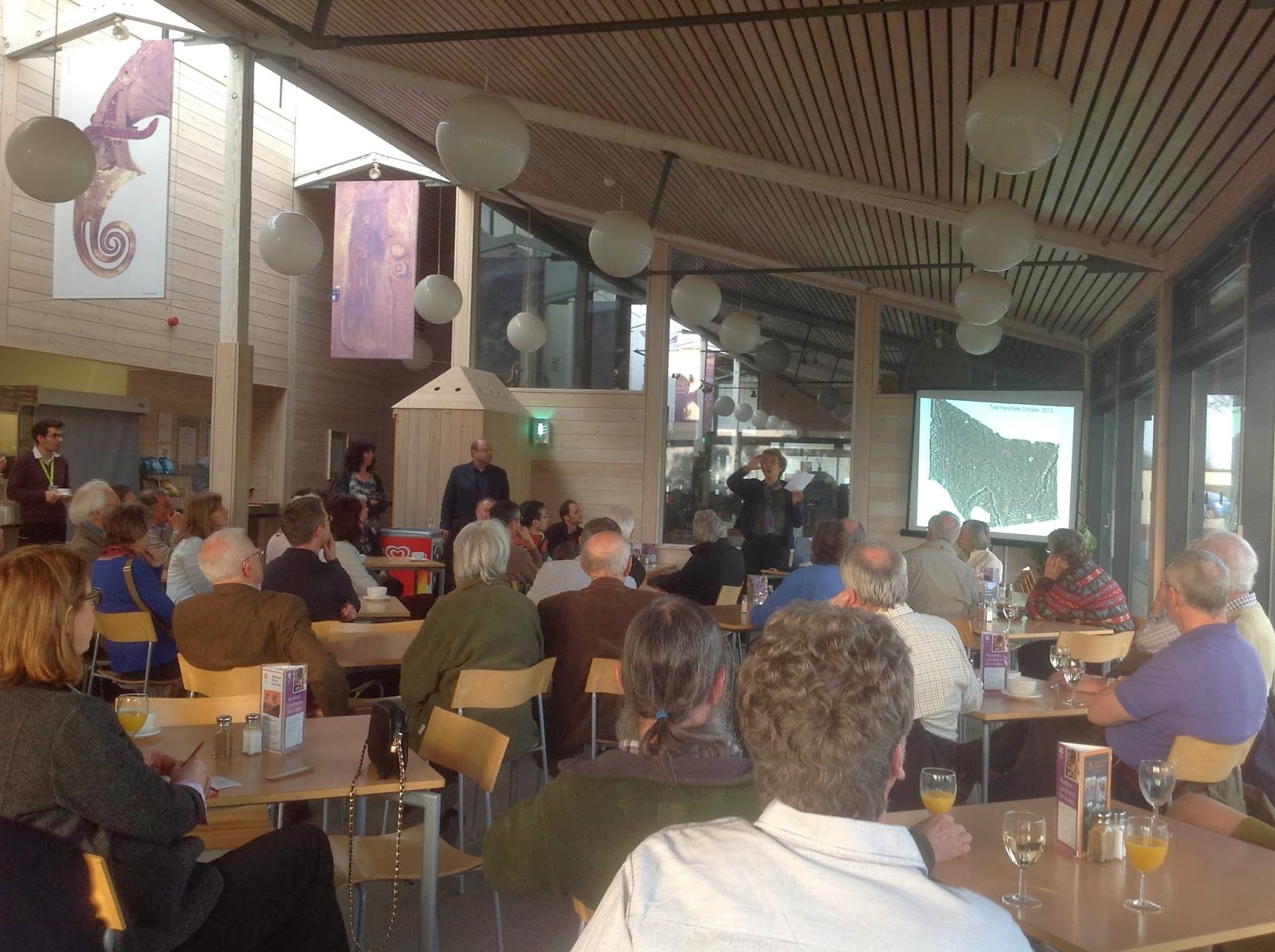I have been doing some work on the Icklingham bronzes that were apparently removed illegally from a Suffolk field. Neil Brodie, then in Cambridge, wrote a rather good letter in response to Peter K. Tompa (
Washington Post 9 November 1999; with response
5 December 1999). Brodie talks about the Icklingham bronzes that "were illegally excavated and smuggled out of the United Kingdom and now are owned by an American collector". Brodie contrasted the Italian approach to that adopted in Britain: "At a recent conference held to discuss these issues, delegate after delegate from around the world expressed amazement at the British system, which allows the private excavation of antiquities and which, in the words of one participant, condones systematic looting."
Tompa did respond to Brodie (
Washington Post 23 December 1999) and accepted that the Icklingham bronzes was indeed an "incident".
There are several things to note looking back at this exchange in 2014.
First, the present proprietor of the Icklingham bronzes has yet to return these objects to Suffolk. She has returned material to Greece and to Italy, so why not the UK?
Second, does the "private excavation of antiquities" continue in the UK? (I am not sure about the word "excavation" here.) This is exactly the point that I made in the
Papers of the Institute of Archaeology in 2010 ... eleven years after Brodie's letter. And have there been any changes in the last four years?
Is it time that we heard more about the protection of unrecorded archaeological sites in the UK and less about the recording of portable stuff that has been hoiked out of the ground?
















